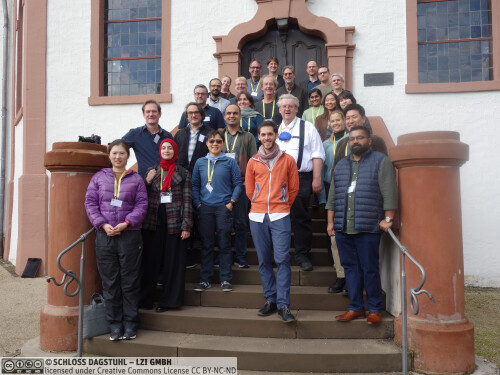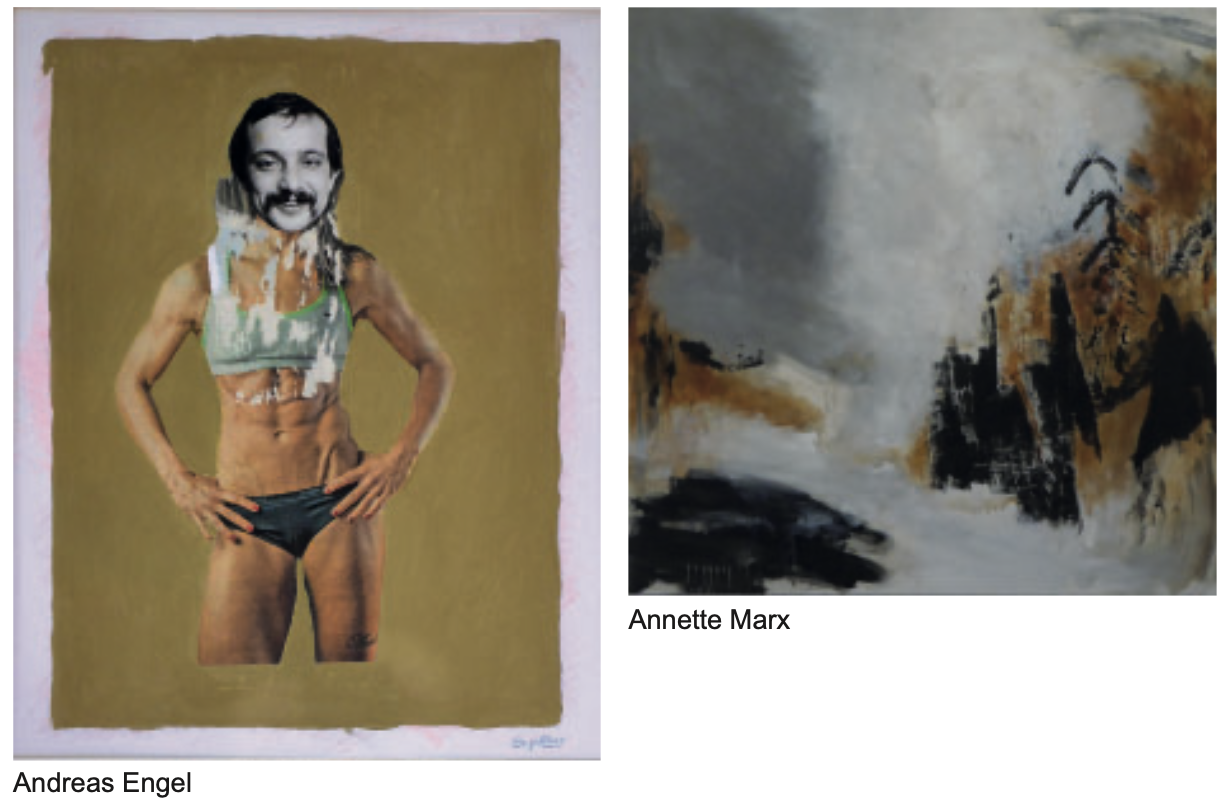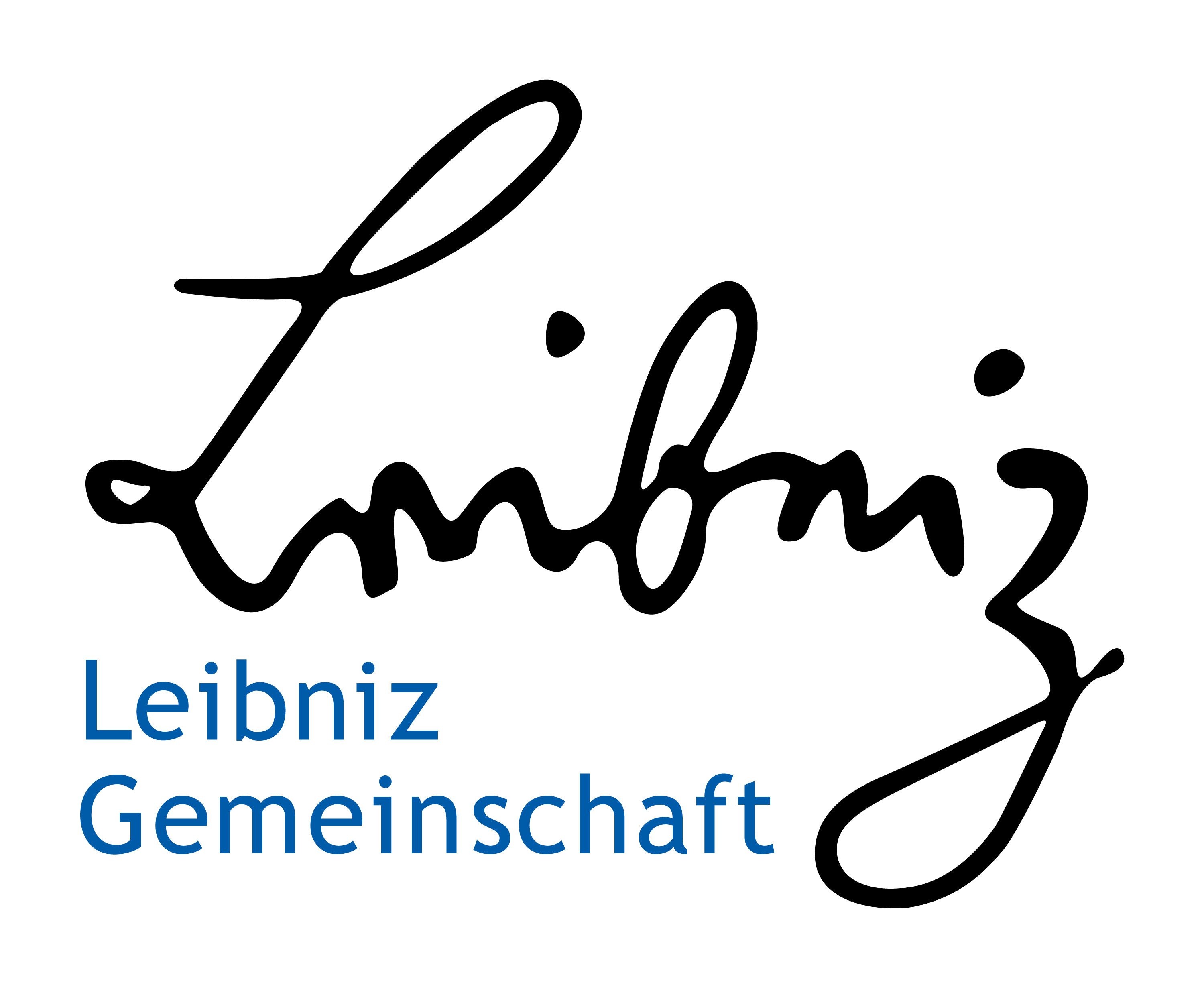Not found what you are looking for? - Some of our services have separate websites, each with its own search option. Please check the following list:

Schloss Dagstuhl Services
Seminars
Within this website:
External resources:
Publishing
Within this website:
- see About Publishing and sub-pages thereof
External resources:
- DROPS (the Dagstuhl publication server)
- the LITES journal website
- the Dagstuhl Submission Server (handles LIPIcs/OASIcs/DARTS submissions)
dblp
Within this website:
- see About dblp and sub-pages thereof
External resources:
- the dblp Computer Science Bibliography











